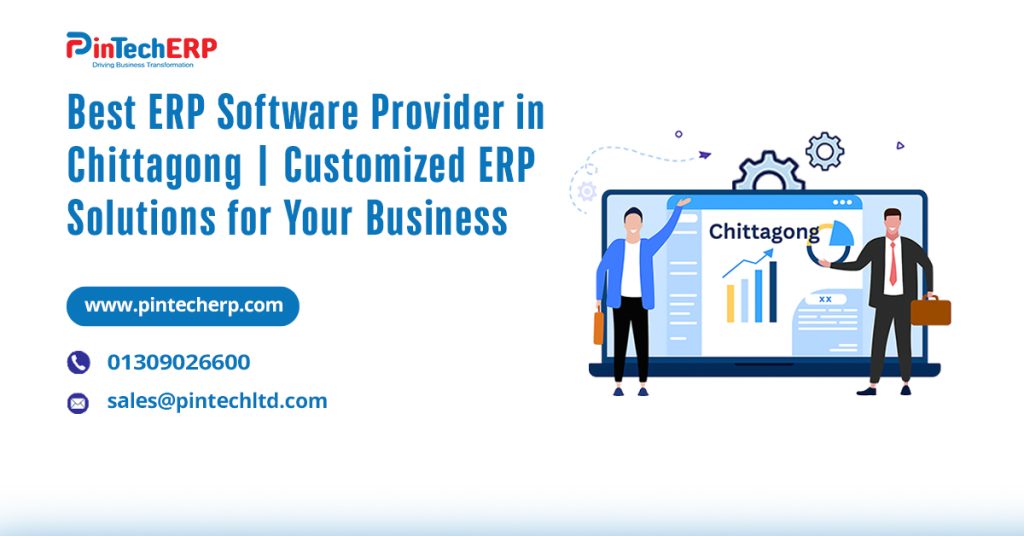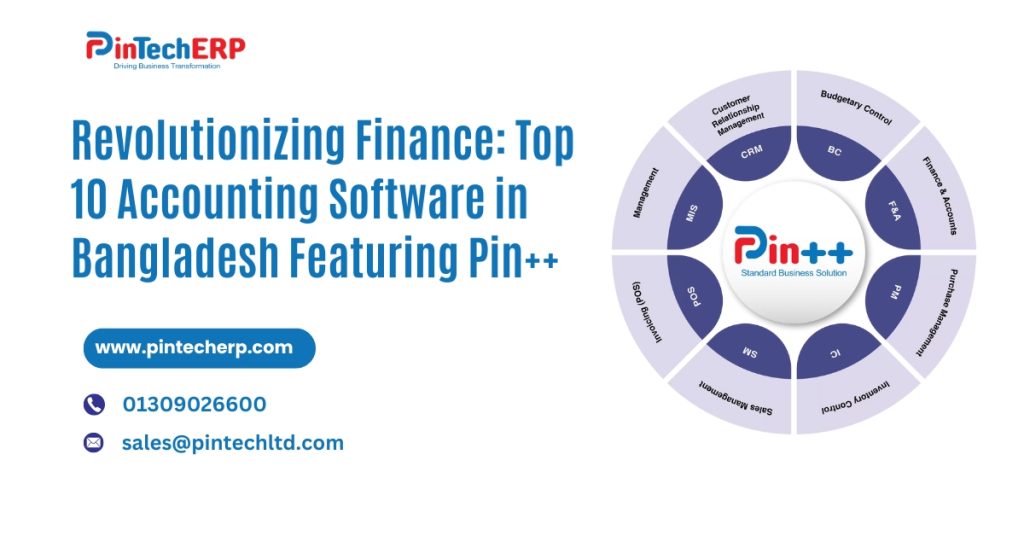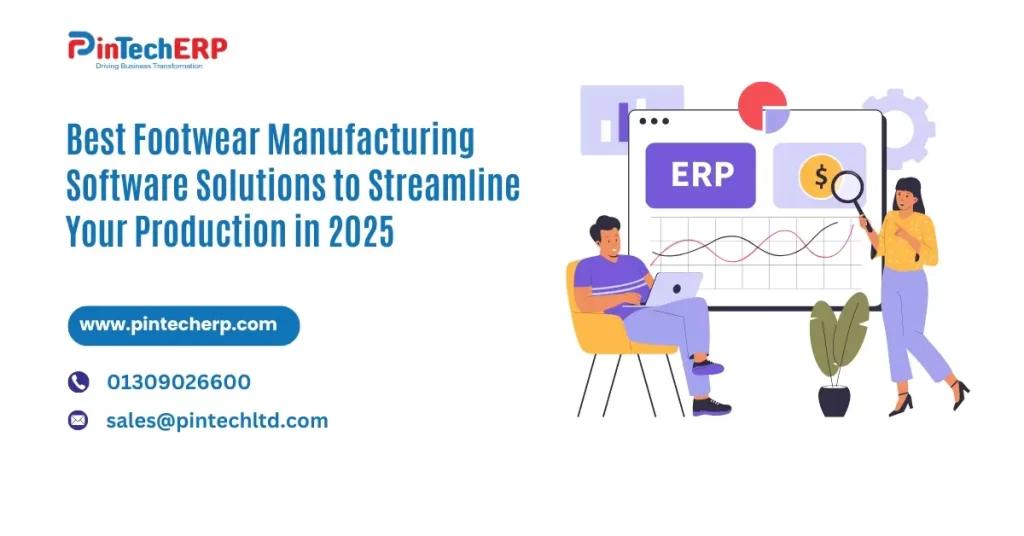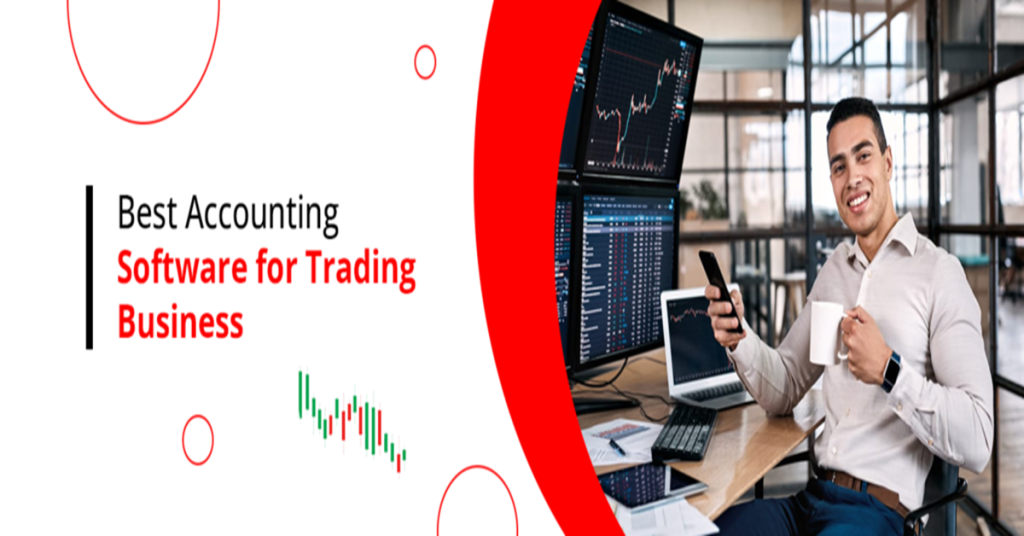Best ERP Software Provider in Chittagong | Customized ERP Solutions for Your Business
Running a business in Chittagong is not easy. From garments factories to shipping, trading, and retail shops, every business has one common problem – managing everything together. Accounts, sales, stock, HR, and supply chain – too many things, and too little time. That’s why finding the right ERP Software Provider in Chittagong is so important […]
Best ERP Software Provider in Chittagong | Customized ERP Solutions for Your Business Read More »




